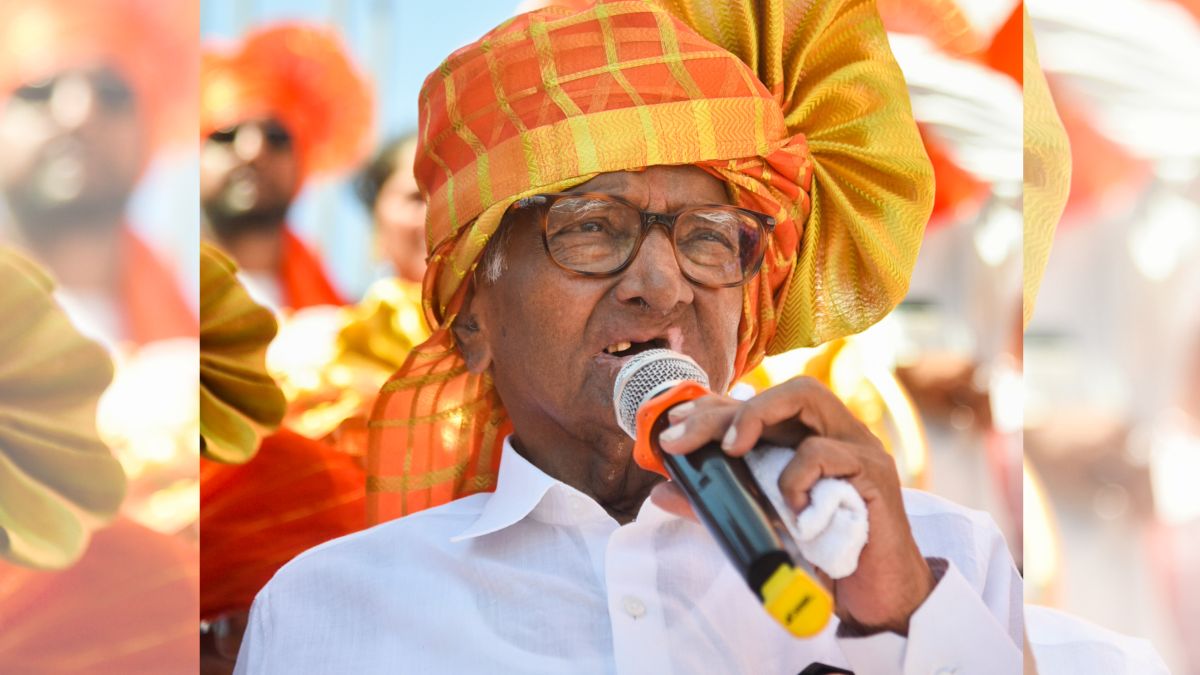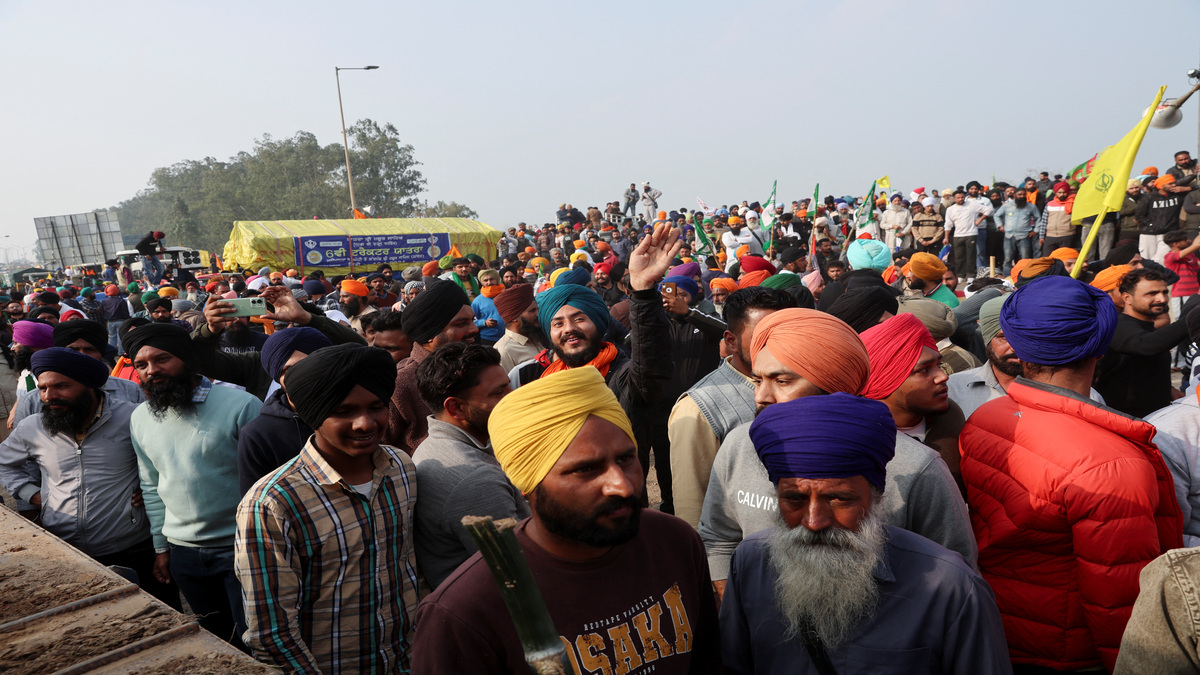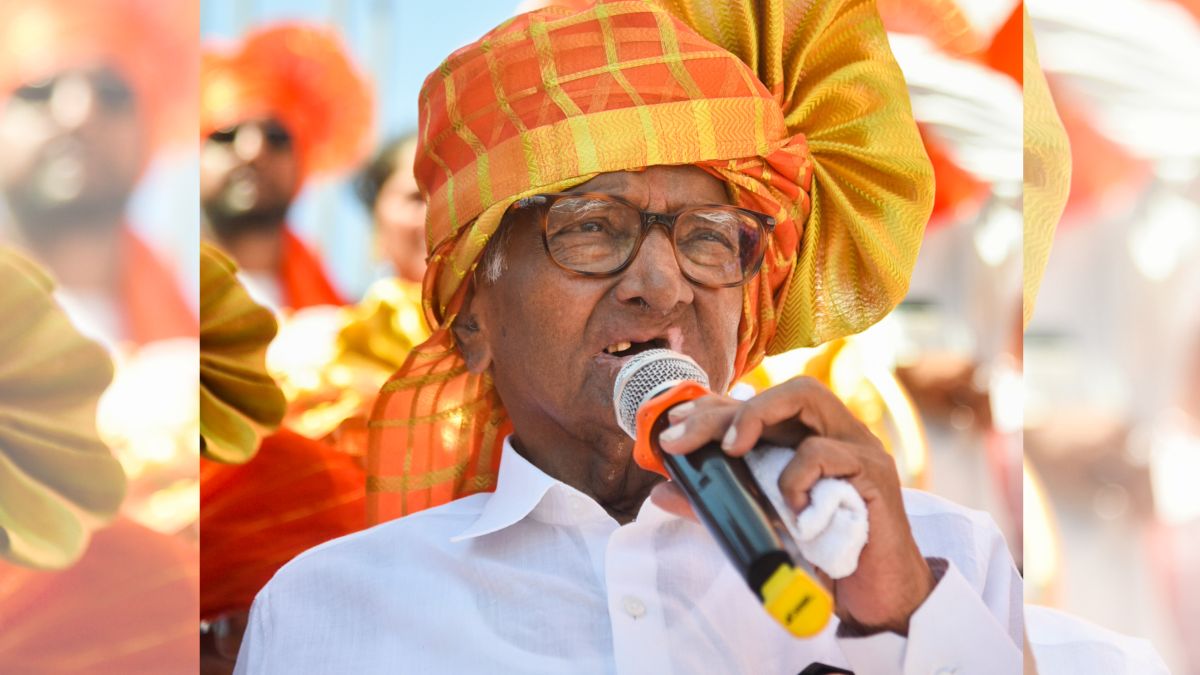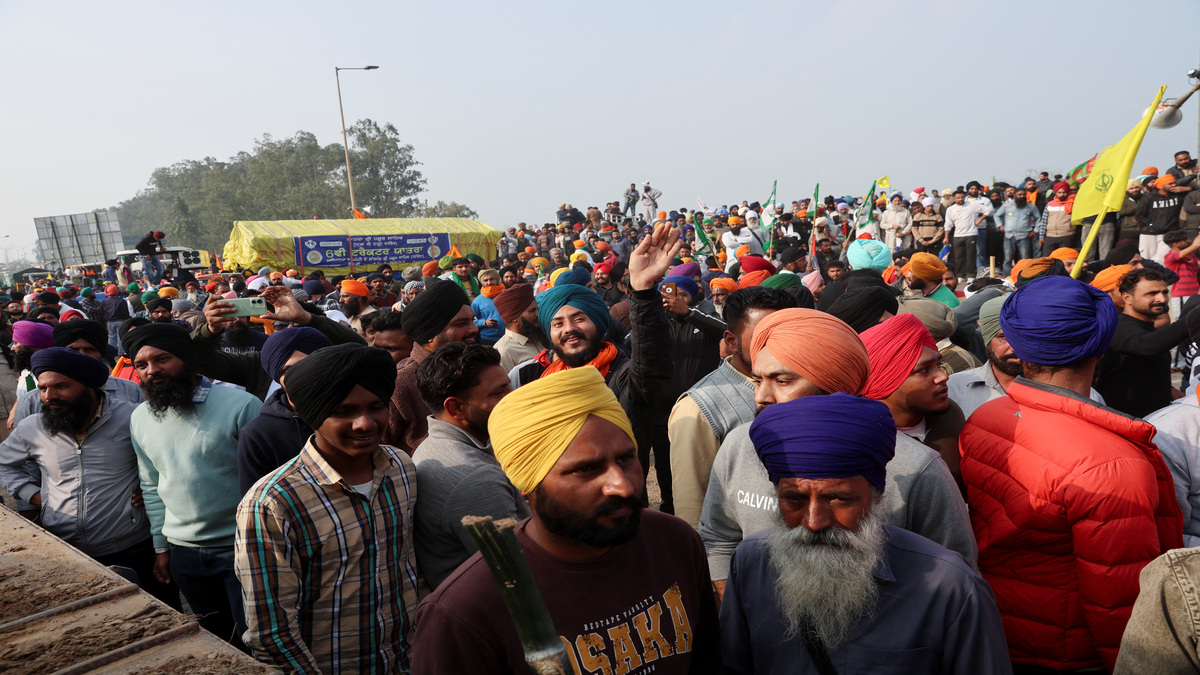Bharat Ratna Dr Babasaheb Ambedkar gave a mantra of ‘Learn, Unite and Agitate’. He gave this mantra and appealed to his followers to unite because he was aware of the significance of being united even after independence as much as before independence.
There is no other option before the elements of society but to get united in order to attract the attention of the prevailing political system toward their vital demands and burning problems. Moreover, whether it is the ruling party or parties in opposition, both get attracted towards the possibility of gaining votes from such a united front of concerned social elements. Every political party desires to offer their active support and necessary help to all such united fronts either because of the temptation of winning votes united under the patronage of such fronts (provided they address the demands) or because of the apprehension that the opposition parties will benefit if they themselves fail to introduce a solution for their problems.
The entire state of Maharashtra is experiencing this reality against the background of the massive processions being organised by the Maratha community through the length and breadth of the state. It is precisely because of this reason the ruling coalition has been compelled to pay attention to the demands raised by the Maratha community.
In fact, one must accept that these massive processions of the Maratha community are being rated as a truly historical phenomenon. I say this not only because these processions will probably make an impact on the political structure of the state in the near future. This is particularly so because barring a few organisations or bodies, this community lacks the background of a united social strength. Besides, the social, economic and political problems confronted by the Maratha community too are different subject to different geographical regions of the state since this community is geographically scattered throughout the nook and corner of the state. Most often, this geographical diversity is also preserved during matrimonial alignments. Above all, social discrimination on the basis of 96 Kuli, Deshmukh, Patil and Kunabi Maratha, too are adhered to in this community till this date. It is for this reason that there has been a widespread belief that it will be impossible for this community to form a united front in spite of its impressive numerical strength. So it must be considered an exceptional event that such a huge agitation comes into being in a remarkably disciplined manner.
It must be said that the Maratha community was completely ignorant of its might except when its clout was taken into consideration in politics. But today, not only the people belonging to the Maratha community but also the prevailing political organisations are being forced to take a serious note of the growing strength of this community, thanks to the massive crowds gathering at these gigantic processions. The political pundits who were more keen on nabbing the prime mover, real or imaginary, hidden behind these processions are now being compelled to study the social panorama that has ignited this flame. Most importantly, no political party is in a position to simply brush aside these processions as shrewd political manoeuvres of the opposition parties since no political party has sponsored these processions.
It is expected that the government will pay more careful attention to the demands of the Maratha community, especially if all the elements such as senior citizens, students, educated elite and married women have developed a feeling of injustice being meted out to them. Some of their demands are fully justified and they should be accepted forthwith and the government should seek a communication with this community about what can be done about their remaining demands. It is only through such exercises that people’s faith in the political system can be preserved. The government must not undertake any steps which are rooted in political bias. Rather, it should exhibit its sincerity by addressing the problem immediately.
The main demand of the Maratha community is pertaining to reservation. There is no doubt that reservations are not the only remedy for the community’s backwardness. However, if reservation is the only political remedy available in the present political system to other backward communities, why should the Maratha community not get it? Nobody has any doubts about the backwardness of the community. I am myself a member of this community and I travel widely and frequently in Konkan (also throughout the state). So, I observe at close quarters harsh and fierce reality of the economic backwardness of my brethren. Large parts of Konkan are mountainous. And landholdings do not yield sufficient agricultural income. Agriculture is therefore declining in importance as a source of income. Want of education forces most people of this region to Mumbai in search of small and medium jobs. This explains why many of Mumbai’s slums are occupied by Marathas from Konkan. In Marathwada too, a large proportion of families are dependent solely on agriculture. That is why majority of the suicides are committed by members of this community.
The whole of this social phenomenon is being seen as the discrimination between the established and the displaced – the haves and the have-nots. Along with the leaders from the Maratha community, leaders from other communities too have occupied important posts. In those communities also, there is a so-called established class. But the Congress party has enjoyed political power for most of the past years and unlike the RSS ideology, the Congress party leadership refuses to take only one community into consideration. Therefore, talk of the rift between the established and the displaced as the reason for such massive protests is clearly intended to divert the attention from the demands of the community and thereby create a division in the agitation.
The chief minister has assured the students of the Maratha community about the reimbursement of their fees. But this promise cannot be fulfilled without reservations. He also said that reservation in government service is unlikely to result into substantial gains and there is a need to foster entrepreneurship in the community. But he has not made it clear how the entrepreneurship of only the Marathas will be developed. Such promises are therefore likely to engender a feeling that the government is not serious about reservations.
The next demand is about the changes in the Atrocity Act. This act, passed by the Congress, is aimed at protecting the Dalit community from violence. Leaders of those who participate in the Maratha processions have made it abundantly clear that their demand is not that the Atrocity Act should be repealed but that it should not be abused. Dalit leaders too have echoed the same opinion. If such a large section of the population is expressing such apprehensions, who can say that the demand for government’s attention to this issue is misplaced? The patronage of the Atrocity Act belongs to the Union government. Under such circumstances, if the minister in charge makes misleading and mischievous statements, it surely is a disgrace to him. In the Solapur Maha-Morcha, a TV journalist had asked a teenage participant why she garlanded Babasaheb’s statue at the start of the morcha. Her reaction is highly eloquent. She said, “I am a daughter not only of Chatrapati Shivaji Maharaj but also of Dr Bheemrao Ambedkar.”
Congress is firm in its resolve that the Atrocity Act must not be repealed. Our policy takes its source from our commitment to the Dalit community.
Finally, we turn to the Kopardi rape case. This case is being put forward as the immediate cause of the ground swell that has risen in support of the community’s demands. The public from all over the state has unanimously condemned the act and has demanded that the perpetrators be hanged. However, it is manifestly wrong to look at such issues from the communal angle. Communal considerations should never be allowed to enter into considerations of such crimes. The government ought to give the impression that it is determined to punish the guilty regardless of their community. One therefore wonders what the government’s intention was in refusing permission to some leaders to visit Kopardi.
Fortunately, the Maratha community’s agitation, unlike the agitation of Patels in Gujarat and Jats in north India, has been free from violence. But it certainly is strong enough to compel the introspection upon the political leadership. The government therefore has the opportunity to demonstrate its seriousness about the community’s demands. A clandestine effort also is being made to use the agitation to create division between the Maratha community and other communities. Ministers of the government are themselves indulging in opportunistic handshakes to launch similar agitations of the other backward communities. If such fishing in troubled waters is avoided, a peaceful and democratic solution of the problem can surely be found.
The Maratha agitation has performed a path-breaking effort in this direction.
The question is whether the government will respond with due earnestness.
(The author is the General Secretary and spokesman of the Maharashtra Pradesh Congress Committee.)


)




)
)
)
)
)
)
)
)